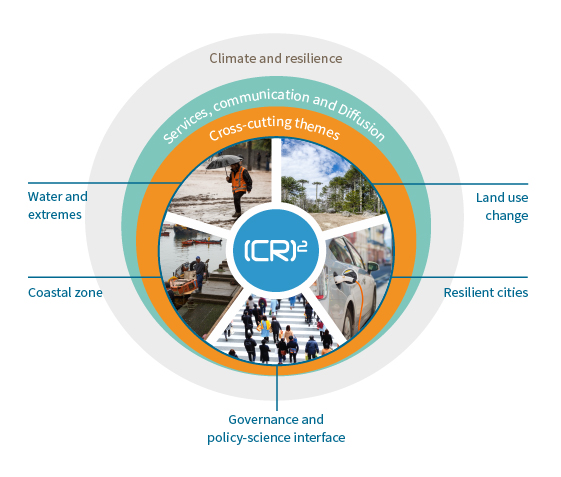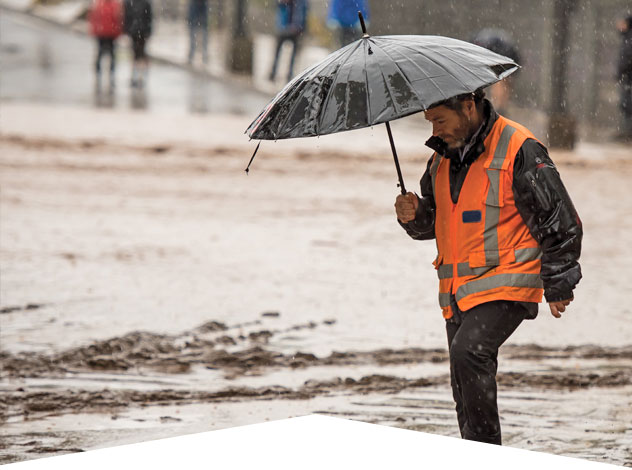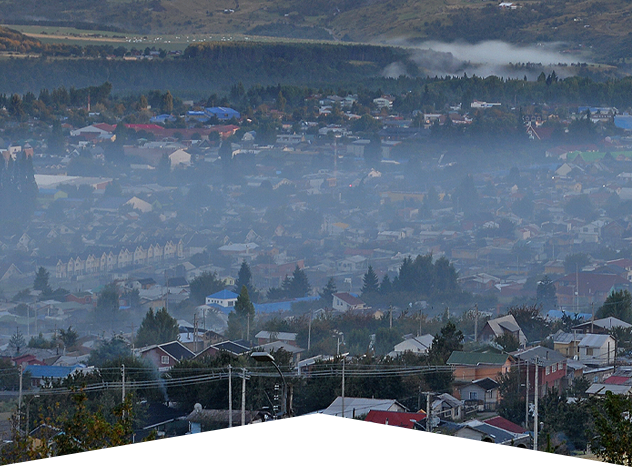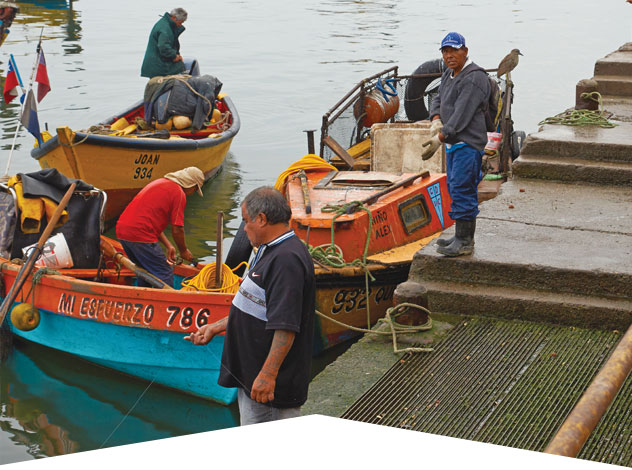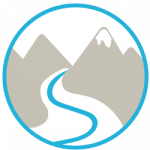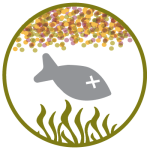The Center for Climate and Resilience Research (CR2) was established in 2013 with three primary objectives: 1.To deepen our understanding of Chile’s climate system, processes, and impacts and address the resulting socio-ecological complexities. 2. To strengthen the emerging community of natural and social scientists in Earth system science in Chile. 3. In collaboration with stakeholders, contribute to the definition of climate change adaptation and mitigation measures to build social resilience.
For its mid-term evaluation in 2018, CR2 committed to becoming an even more relevant actor in:
- The development of climate science and resilience in Chile.
- Strengthening its role in training new scientists.
- Contributing to the country’s objectives of achieving sustainable and low-carbon development in alignment with the Paris Agreement.


